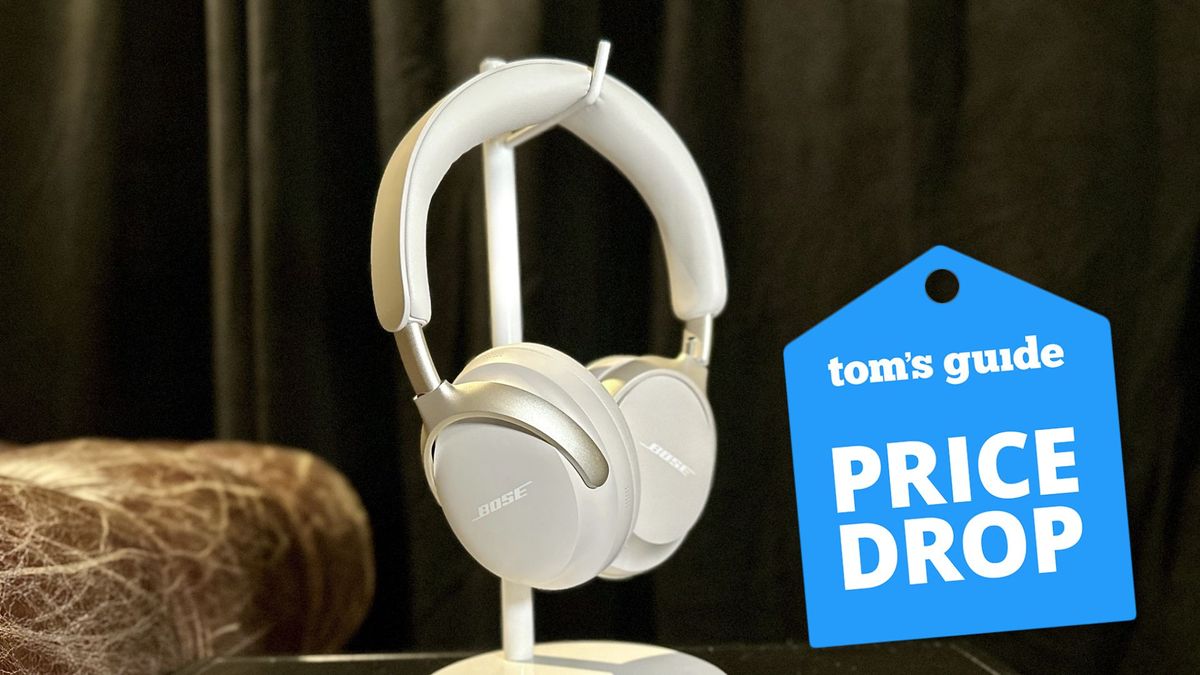Lanh Nguyen / Android Authority
TL;DR
- The Google Pixel 9a has received a battery health assistance feature ahead of its release.
- The feature will automatically “adjust” the battery’s maximum voltage and charging speed as the battery ages.
- The feature is mandatory for the Pixel 9a but will reportedly be available as an option on other Pixel phones.
The Google Pixel 9a was revealed last month, and it looks like a very capable mid-range Android phone. The device is set to go on sale next week, but buyers will find a new battery health feature waiting for them.
9to5Google spotted a so-called battery health assistance feature for the Pixel 9a on the Google Store and a support page:
Lithium-ion batteries are consumable components that eventually require replacement. Your Pixel 9a will receive a software update that automatically helps manage the long term health and performance of its battery as it ages. This software will adjust the battery’s maximum voltage in stages that start at 200 charge cycles and continue gradually until 1000 charge cycles to help stabilize battery performance and aging.
You may notice small decreases in your battery’s runtime as your battery ages. Battery health assistance will also tune the phone’s charging speed based on adjusted capacity. You may notice a slight change in battery charging performance. Battery health assistance settings on Pixel 9a aren’t customizable by the user.
All smartphone batteries degrade over time, with Google’s recent phones dropping to 80% effective capacity after 1,000 charging cycles. However, it sounds like Google will automatically reduce the effective battery capacity over and above conventional degradation.
Does the Pixel 9a have a battery problem?
It’s also interesting to see Google say that this feature will “tune” (presumably reduce) your charging speed based on the adjusted capacity. This would be a neat feature on its own, as slower charging speeds offer reduced temperatures which should help with long-term battery health. So slowing the maximum charging speed as the battery ages could potentially slow degradation.
However, none of this bodes well for the Pixel 9a as Google specifically notes that Battery Health Assistance features can’t be customized on the new device. Google told 9to5Google that battery health assistance would also be available on other Pixel phones later this year, but would be “voluntary” for older handsets. In other words, it sounds like these adjustments are mandatory for the Pixel 9a but not for other Pixels.
Are you worried about the Pixel 9a’s long-term battery health?
1 votes
This battery feature comes after Google delayed the release of the Pixel 9a due to an unspecified “component quality issue.” The cynic in me wonders whether the fact that this is a seemingly mandatory feature for the Pixel 9a means that the battery is the problematic component in question.
This feature also comes a few months after Google issued a mandatory update for some Pixel 4a units that effectively halved battery capacity and charging speed. The company was very vague in its reasoning for this update, outside of saying it would “improve the stability” of battery performance. However, Australia’s consumer watchdog later issued a recall for the phone and said it was due to the risk of an overheating battery.
We’ve asked Google for more information about this feature and why it’s mandatory for the Pixel 9a. We’ve also asked whether this feature is related to the phone’s “component quality issue.” We’ll update the article as soon as Google provides us with answers.








